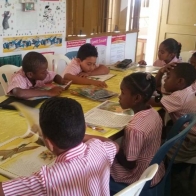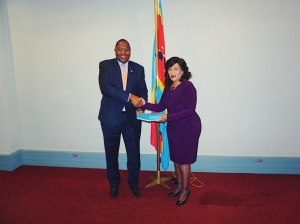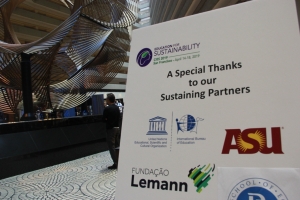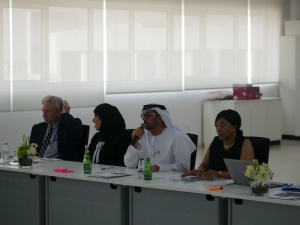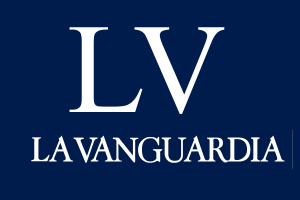While it is important to underscore the value of curriculum to holistic and sustainable development, it is also prudent to recognise the various sources of systematic barriers within education systems that could derail the design, development, and implementation of quality curricula. Even the best curriculum can be undermined by systematic constraints such as poor governance, insufficient consultation with stakeholders in the decision-making process, the lack of appropriately qualified teachers, inadequate physical facilities, and inadequate financing of teaching and learning materials, to name a few.
Related to curriculum and learning, we have accumulated experience in identifying and analysing the multiple potential sources of constraints to equitable provision of quality education and lifelong learning opportunities. We understand also that the right support can enable countries to eliminate these critical impediments that prevent or disrupt their development efforts, and we therefore work jointly with countries to enable them to strengthen their capacities through contextualized response interventions.


